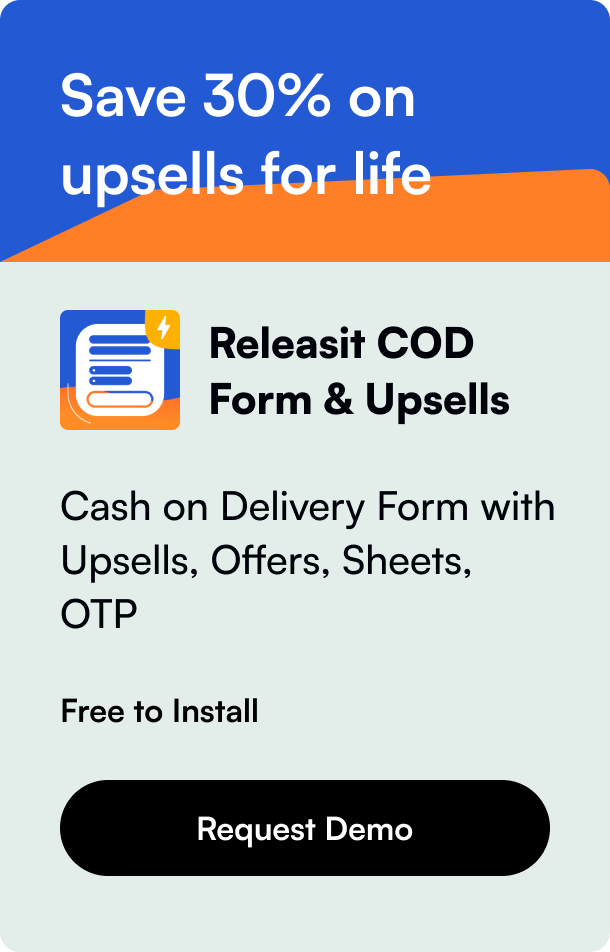Table of Contents
Starting an online business has become a popular pursuit for many entrepreneurs, fueled by the dream of reaching a global audience with just a few clicks. Among the platforms making this dream achievable, Shopify stands out as a particularly enticing option. But the real question that most aspiring online sellers grapple with is: "Is Shopify easy to use?" This blog post delves deep into the Shopify universe, exploring its user-friendliness, features, and where it stands as a tool for business owners across the spectrum.
Introduction
In the rapidly expanding realm of e-commerce, choosing the right platform to build and manage your online store is crucial. Shopify, known for its comprehensive set of tools and features aimed at supporting online sales, is often lauded for its simplicity and effectiveness. But does it truly live up to its reputation of being user-friendly, especially for those just stepping into the digital selling space? Let's uncover the answer by breaking down Shopify's usability, its offerings, and how it caters to the needs of its diverse user base.
What Sets Shopify Apart?
Shopify's allure lies not only in its ability to facilitate e-commerce but also in how it empowers users with different levels of technical know-how to create, customize, and scale their online stores. It blends functionality with simplicity, offering a guided and intuitive experience for setting up a shop. From selecting themes to adding products and integrating payment options, Shopify streamlines each step to ensure even the most novice users can navigate the process comfortably.
Pros of Using Shopify
Comprehensive yet Simplified Store Management
At its core, Shopify specializes in simplifying the e-commerce journey. The platform offers a centralized dashboard from which users can manage inventory, process orders, and keep track of customer data. This integrated approach eliminates the need to juggle multiple tools, making online store management more straightforward and efficient.
Extensive Theme Library for Personalization
Personalization is key in e-commerce, and Shopify excels in this domain by offering a wide array of customizable themes. Users can choose from free or premium designs that cater to various aesthetics and industries, ensuring their store aligns with their brand identity. The platform's theme editor further allows for detailed customization, enabling users to fine-tune the layout, color schemes, and more without needing extensive coding knowledge.
Robust App Ecosystem for Enhanced Functionality
Shopify's app ecosystem significantly extends the platform's native capabilities. Whether you're looking to implement advanced SEO strategies, streamline your email marketing efforts, or offer customer loyalty programs, there's likely a Shopify app that can help. This vast selection of addons means businesses can easily integrate additional features as they grow, making Shopify a scalable option for e-commerce ventures of all sizes.
Exceptional Support and Resources
Navigating the complexities of e-commerce can be daunting, but Shopify ensures users have access to comprehensive support and learning resources. From 24/7 customer service to detailed tutorials and community forums, the platform is dedicated to helping users overcome challenges and succeed in their online selling endeavors.
Cons of Using Shopify
While Shopify offers numerous advantages, it's essential to consider its limitations before committing to the platform.
Pricing Considerations
Shopify operates on a subscription model, with various plans to suit different business needs. However, costs can accumulate quickly, especially for businesses requiring additional features or higher-tier plans. Additionally, users may incur transaction fees when opting for payment gateways outside of Shopify Payments. Therefore, it's crucial for potential users to carefully evaluate Shopify's pricing structure against their budget and financial goals.
Limited Customization Without Technical Expertise
Though Shopify's themes offer customization options, achieving a highly tailored or unique storefront might require knowledge of Liquid, Shopify's templating language. Users without coding skills may find this limitation a barrier to fully realizing their vision for their store's design.
Dependence on Third-Party Apps
Shopify's extensive app store is both a boon and a potential drawback. While the availability of apps allows for enhanced functionality, reliance on third-party tools can introduce complexity and additional costs. Some essential features might not be available natively within Shopify, necessitating app subscriptions that can increase operational expenses.
Conclusion
Evaluating Shopify's ease of use reveals a platform that successfully balances robust e-commerce features with user-friendly design and support. For entrepreneurs and business owners looking to enter the online market, Shopify presents a viable and compelling solution. However, it's essential to weigh its pros and cons, considering your specific business needs, technical proficiency, and budget constraints.
By providing an environment that supports growth from start-up to scale-up, Shopify proves to be more than just an e-commerce platform; it's a partner in digital commerce success. As you embark on your e-commerce journey, remember that the right platform is one that not only meets your current needs but also supports your future ambitions.
Shopify Pros and Cons FAQ
What are the downsides to Shopify?
The primary downsides include its subscription-based pricing model which can become costly over time, limitations in design customization without coding skills, and potential reliance on third-party apps for extended functionality.
What are the advantages and disadvantages of Shopify?
Advantages include its ease of use, comprehensive support and resources, extensive theme library, and scalability. Disadvantages focus on its pricing structure, the learning curve for advanced customization, and the necessity of external apps for certain functionalities.
Is Shopify actually worth it?
For many entrepreneurs and business owners, Shopify is indeed worth it, offering a balance of user-friendliness, extensive features, and scalability. Assessing whether it aligns with your business model and growth plans is key to determining its value for you.
Is Shopify good for beginners?
Absolutely. Shopify's intuitive interface, step-by-step setup guides, and vast array of educational resources make it an excellent platform for beginners venturing into e-commerce.








